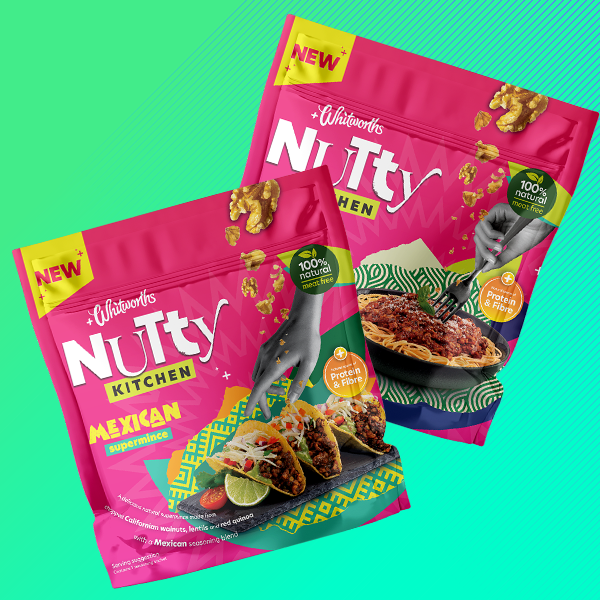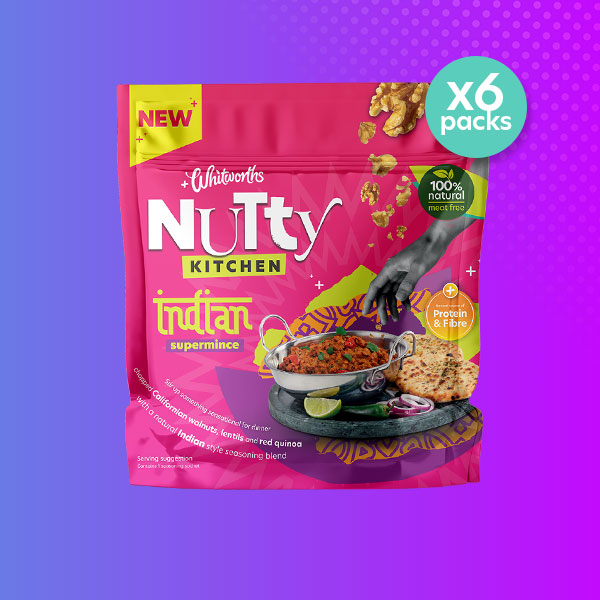Feel Well
Our immune system is our first line of defence against the outside world – and the nutrients we consume play a vital role in keeping it strong, stable and ready to respond. From essential vitamins and minerals to the right balance of micronutrients, good nutrition helps protect us from the fatigue, inflammation, and discomfort associated with exposure to viruses and other unwelcome invaders.
But did you know that a healthy gut microbiome and the nutrients we consume play an important factor in the strength of our immune system?
So which nutrients should we look for when aiming to build and strengthen our immune system?
Vitamin A
Vitamin A is known as an anti-inflammatory nutrient due to its role in strengthening the immune system.1 Vitamin A acts as an anti-oxidant, helping to neutralize harmful free radicals in the body. This reduces oxidative stress and inflammation, which are factors that can weaken the immune response. Vitamin A also supports the integrity and function of the skin and mucous membranes, which act as physical barriers against invading pathogens.
If you are looking for a dense source of Vitamin A, you should factor dried apricots, dried mango, pistachios, pumpkin seeds and sunflower seeds into your diet.
Folate
Folate is a water-soluble B vitamin that is naturally present in some foods, added to others, and available as a dietary supplement.2 Folate plays a crucial role in producing and maintaining new cells, especially white blood cells that defend the body against pathogens. It is also used to assist in DNA repair and replication (important for rapidly dividing immune cells).
If you are looking for snacks or ingredients high in folate, try dried figs, raisins, sunflower seeds, almonds and flaxseeds.
Iron
Iron is a mineral that is naturally found in a number of foods and is available as dietary supplements. iron is an essential component of haemoglobin, which is contained in red blood cells and is responsible for transporting oxygen from the lungs to the tissues around the body.3 Iron also supports the growth and activity of immune cells like lymphocytes and macrophages. It plays a role in enzyme function, catalysing immune responses and deficiency can lead to increased susceptibility to infection, fatigue and impaired immune signalling.
Foods high in iron include: dried apricots, raisins, figs, prunes, pumpkin & sunflower seeds, almonds, cashews and pistachios.
Vitamin D
Vitamin D is a fat-soluble vitamin that is available in some foods but also obtained through other methods such as sun exposure and supplements. It is essential for a variety of bodily functions such as bone and muscle health, immune function and maintaining a sharp nervous system.4
Vitamin D helps to reduce excess inflammation, balancing immune responses as well as enhancing resistance to certain infection, especially respiratory illnesses. It is also used to activate T cells, which detect and destroy pathogens.
looking for rich sources of Vitamin D? Try these: Almonds, sunflower, chia and flaxseeds, dried banana chips, figs and apricots.
Copper
Copper is an essential micronutrient that plays a crucial role in various bodily functions, such as red blood cell production, energy production and maintaining healthy blood vessels. It also helps to maintain the structure and function of immune cells, particularly white blood cells and has antimicrobial properties which support the body’s ability to kill invading pathogens.
Foods high in copper include cashews, hazelnuts, almonds, raisins, apricots, prunes and dates.
Best dried fruits, nuts and seeds to help you ‘Feel Well’:


References:
- The Role of Vitamin A in the Immune System, National Library of Medicine, National Center for Biotechnology Information, Zhiyi Huang 1,2, Yu Liu 1,2, Guangying Qi 1,2, David Brand 3, Song Guo Zheng 4,* https://pmc.ncbi.nlm.nih.gov/articles/PMC6162863/ [Accessed: 24.04.25]
- Folate, National Institutes of Health, Office of Dietary Supplements, https://ods.od.nih.gov/factsheets/Folate-HealthProfessional/ [Accessed: 24.04.25]
- Iron, National Institutes of Health, Office of Dietary Supplements, https://ods.od.nih.gov/factsheets/Iron-HealthProfessional/#:~:text=Iron%20is%20a%20mineral%20that,to%20the%20tissues%20%5B1%5D. [Accessed: 24.04.25]
- Vitamin D, National Institutes of Health, Office of Dietary Supplements, https://ods.od.nih.gov/factsheets/VitaminD-HealthProfessional/, [Accessed: 24.04.25]











 Back to knowledge library
Back to knowledge library